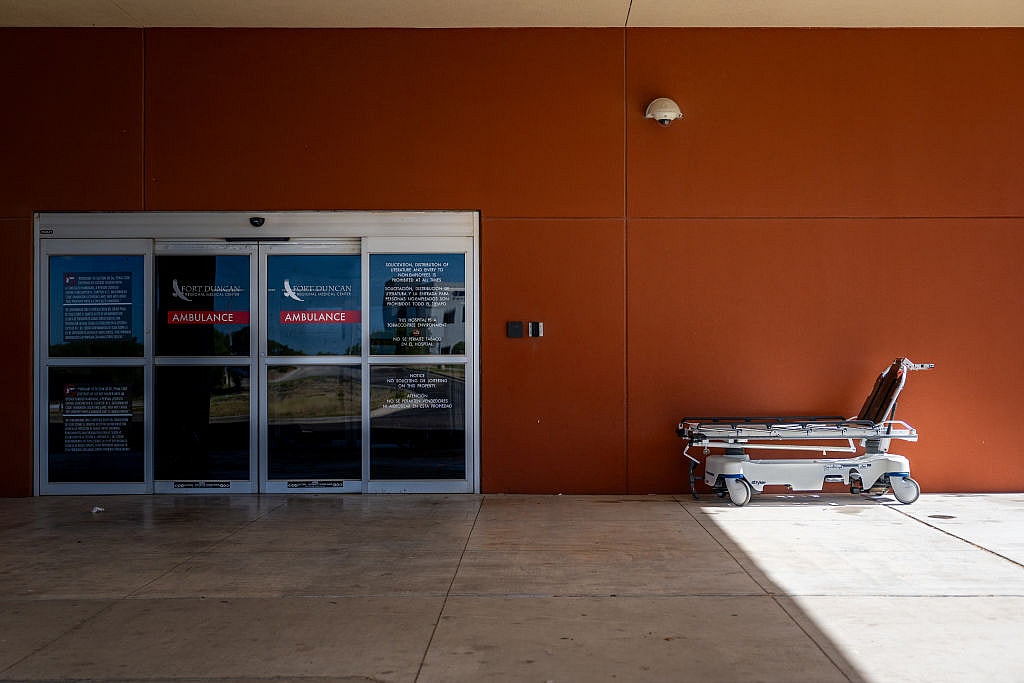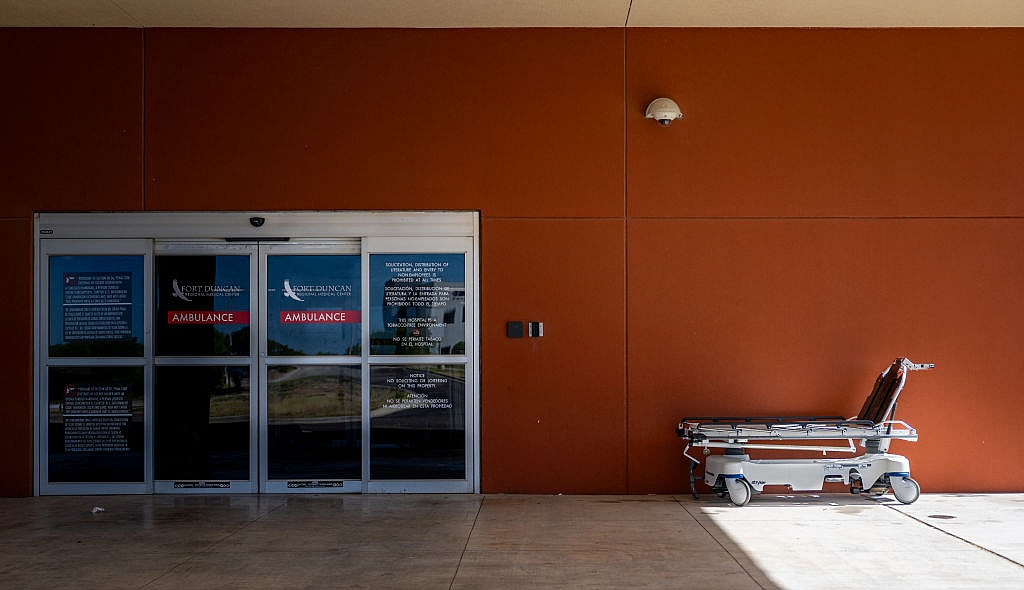According to a new study, half of all health care workers believe racism against patients is a serious problem in America.
The Commonwealth Fund, a research foundation promoting a more equitable health care system, and the African American Research Collaborative (AARC) put together “Revealing Disparities: Health Care Workers’ Observations of Discrimination Against Patients.” The analysis shows the extent of racial discrimination that health care workers in the U.S. see on a daily basis.
“Discrimination based on race or ethnicity presents a serious barrier to obtaining high-quality, equitable health care,” the study reads. “Because health care workers bear witness to the treatment of patients in the course of their jobs, they can provide a fuller understanding of how and where discrimination in health care provision occurs, as well as how it can be reduced.”
For the study, researchers surveyed 3,000 health care workers from hospitals, private facilities, outpatient facilities, mental health facilities and many other locations across the country. Their analysis found that nearly half of the workers, who were from various racial, ethnic and age groups, witnessed discrimination against patients.

It found that 62% of Black health care workers said they witnessed discrimination against patients, which was the highest percentage of all racial groups. Also, 70% of employees at facilities with mostly Black or Latino patients said they saw discrimination against patients.
When it comes to self-advocacy from patients, 48% of all health care workers agreed that medical providers are less accepting of Black patients who advocate for themselves compared with white patients who do so. That number is 68% for Black health care workers who observe the same situations.
“Similarly, half agreed that patients of color can be treated differently than white patients and are less likely to receive medication when seeking treatment for pain,” the study said. “Fifty-seven percent of health care workers agreed that patients who speak a language other than English may not always receive the same quality of treatment provided to English-speaking patients.”
Recommended Stories
Overall, a large percentage of the workers agreed that there is a difference in the treatment of patients based on race, ethnicity and language. That discrimination also takes a toll on the workers themselves, especially the Black and Latino ones, the study noted.
The survey laid out several steps to address these disparities, including providing patients and staff with a way to report discrimination, examining policies and ensuring that they lead to equitable outcomes, and anti-discrimination training for the staff, among other actions.
“Health system leaders and policymakers have the responsibility to create safer and more equitable care settings for patients and the people caring for them,” the study said. “Discrimination against patients based on race, ethnicity, or language is a serious problem that impacts care delivery and workforce morale.”
Never miss a beat: Get our daily stories straight to your inbox with theGrio’s newsletter.









